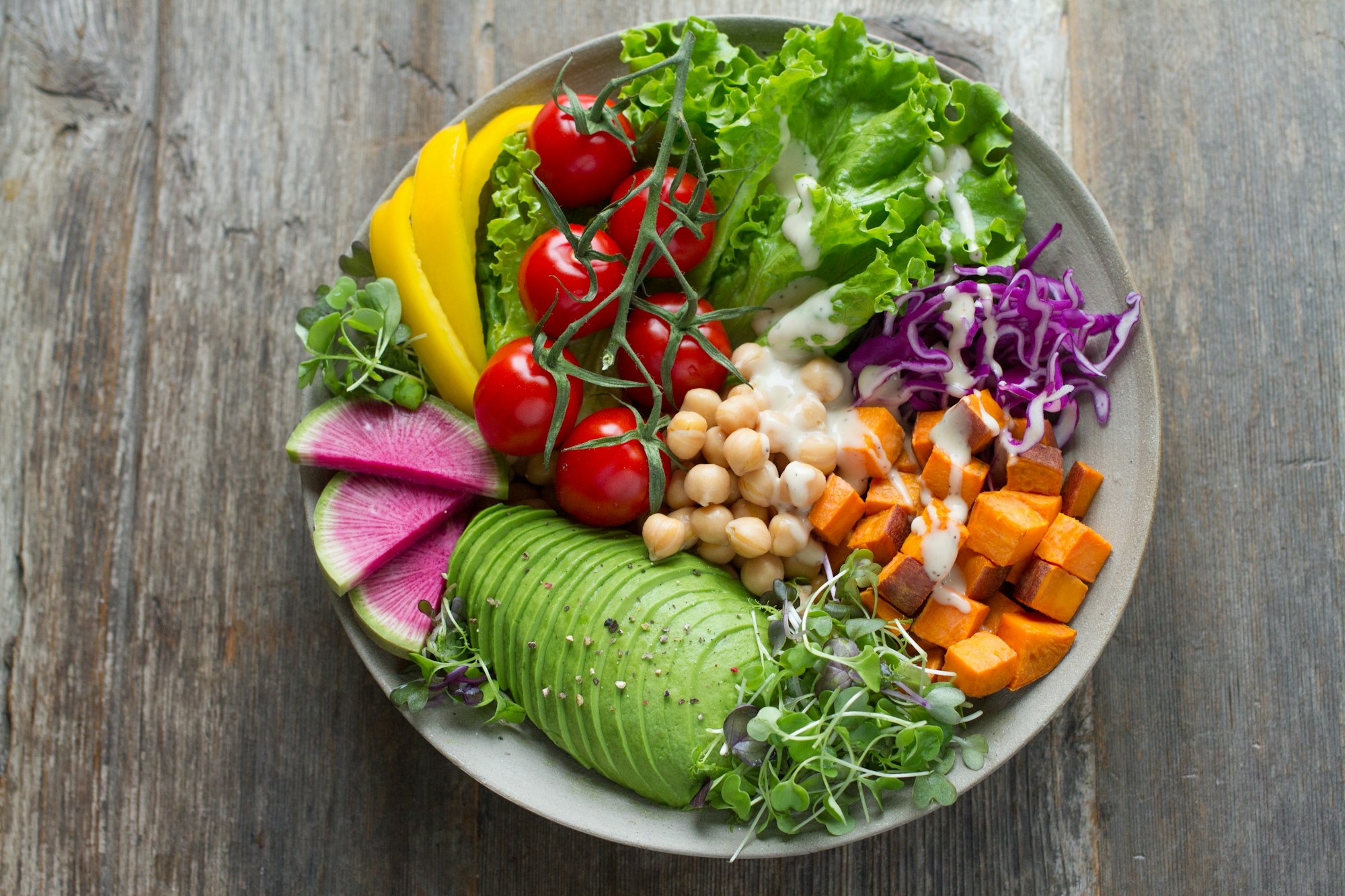Menopause And Gut Health

This week, let's explore the fascinating connection between hormonal changes and digestion, particularly during the natural phase of menopause. Beyond the commonly known symptoms like hot flashes and mood swings, menopausal hormonal shifts can significantly impact digestive health, something many may not be aware of.
The Hormonal Landscape:
Menopause involves a reduction in reproductive hormones like estrogen and progesterone. These hormones, crucial for reproduction and various bodily functions, play a key role in regulating digestion. The decrease in estrogen levels, in particular, can have a noteworthy impact on gut health.
Digestive Symptoms of Menopause:
Menopausal women often experience digestive issues such as bloating, gas, constipation, and diarrhea. These symptoms can be attributed to changes in hormone levels affecting gut motility, nutrient absorption, and gut flora composition. The decline in estrogen, which helps maintain the integrity of the intestinal lining, can contribute to issues like increased permeability (leaky gut) and inflammation.
Gut Microbiota and Menopause:
Recent studies suggest that the intricate community of microorganisms in our intestines, known as the gut microbiota, undergoes changes during menopause. Estrogen influences the composition and diversity of gut bacteria, and fluctuations in estrogen levels can upset this delicate balance. These changes might contribute to gastrointestinal symptoms and impact overall health.
Impact on Weight and Metabolism:
Weight gain and metabolic changes are common during menopause. Hormonal imbalances can affect appetite regulation, metabolism, and fat distribution. Changes in gut bacteria may also influence how our bodies extract energy from food, affecting weight management. Understanding this connection is crucial for maintaining a healthy weight and metabolic balance during this phase.

Strategies for Supporting Gut Health During Menopause:
- Balanced Diet: Choose a nutrient-rich, fiber-dense diet with fruits, vegetables, whole grains, lean proteins, and healthy fats. These foods nourish beneficial gut bacteria, supporting overall gut health.
- Probiotics: Integrate probiotic-rich foods or supplements to promote a healthy gut microbiome. Probiotics can restore microbial balance and alleviate digestive symptoms.
- Hormone Replacement Therapy (HRT): Consult your healthcare provider about the potential benefits of hormone replacement therapy in managing menopausal symptoms and supporting gut health. HRT can help restore hormone levels and potentially mitigate digestive disturbances.
- Stress Management: Chronic stress can negatively impact gut health. Engage in stress-reducing activities like yoga, meditation, or hobbies to support both mental well-being and gut health.
- Regular Exercise: Physical activity aids digestion, reduces inflammation, and supports a healthy weight. Aim for moderate exercise, such as brisk walking or swimming, for at least 150 minutes per week.

Here's a delicious and nutritious recipe that incorporates ingredients known for supporting gut health and addressing some of the concerns associated with menopause:
Quinoa and Veggie Buddha Bowl with Ginger-Turmeric Dressing
Ingredients:
For the Buddha Bowl:
- 1 cup quinoa, cooked
- 1 cup broccoli florets
- 1 cup sweet potatoes, diced
- 1 cup kale, chopped
- 1 cup cherry tomatoes, halved
- 1/2 cup cucumber, sliced
- 1/4 cup pumpkin seeds
- 1 avocado, sliced
- 1 tablespoon olive oil
- Salt and pepper to taste
For the Ginger-Turmeric Dressing:
- 2 tablespoons olive oil
- 1 tablespoon apple cider vinegar
- 1 teaspoon freshly grated ginger
- 1 teaspoon ground turmeric
- 1 tablespoon honey or maple syrup (reduce if following a sugar-free diet)
- Salt and pepper to taste
Instructions:
Prepare Quinoa: Cook quinoa according to package instructions. Fluff with a fork and set aside.
Roast Vegetables: Preheat the oven to 400°F (200°C). Toss broccoli, sweet potatoes, and kale with olive oil, salt, and pepper. Spread them on a baking sheet and roast for 20-25 minutes or until vegetables are tender and slightly crispy.
Assemble Buddha Bowl: In individual bowls, arrange cooked quinoa, roasted vegetables, cherry tomatoes, cucumber, avocado slices, and pumpkin seeds.
Prepare Dressing: In a small bowl, whisk together olive oil, apple cider vinegar, grated ginger, ground turmeric, honey (or maple syrup), salt, and pepper. Adjust the seasoning to taste.
Drizzle and Serve: Drizzle the ginger-turmeric dressing over the Buddha bowls. Toss gently to combine the flavours.
Nutritional Benefits:
Quinoa: Rich in fibre and protein, quinoa supports digestive health and provides a feeling of fullness.
Vegetables: Broccoli, sweet potatoes, kale, and tomatoes offer essential vitamins, minerals, and antioxidants that contribute to overall well-being.
Healthy Fats: Avocado and olive oil provide monounsaturated fats that support heart health.
Ginger and Turmeric: Known for their anti-inflammatory properties, ginger and turmeric can help alleviate inflammation associated with menopause and support gut health.
Protein and Omega-3s: Pumpkin seeds add protein and omega-3 fatty acids, which are beneficial for hormonal balance and overall health.
Enjoy your nutrient-packed, gut-friendly meal!
Best wishes
Emma
Comments